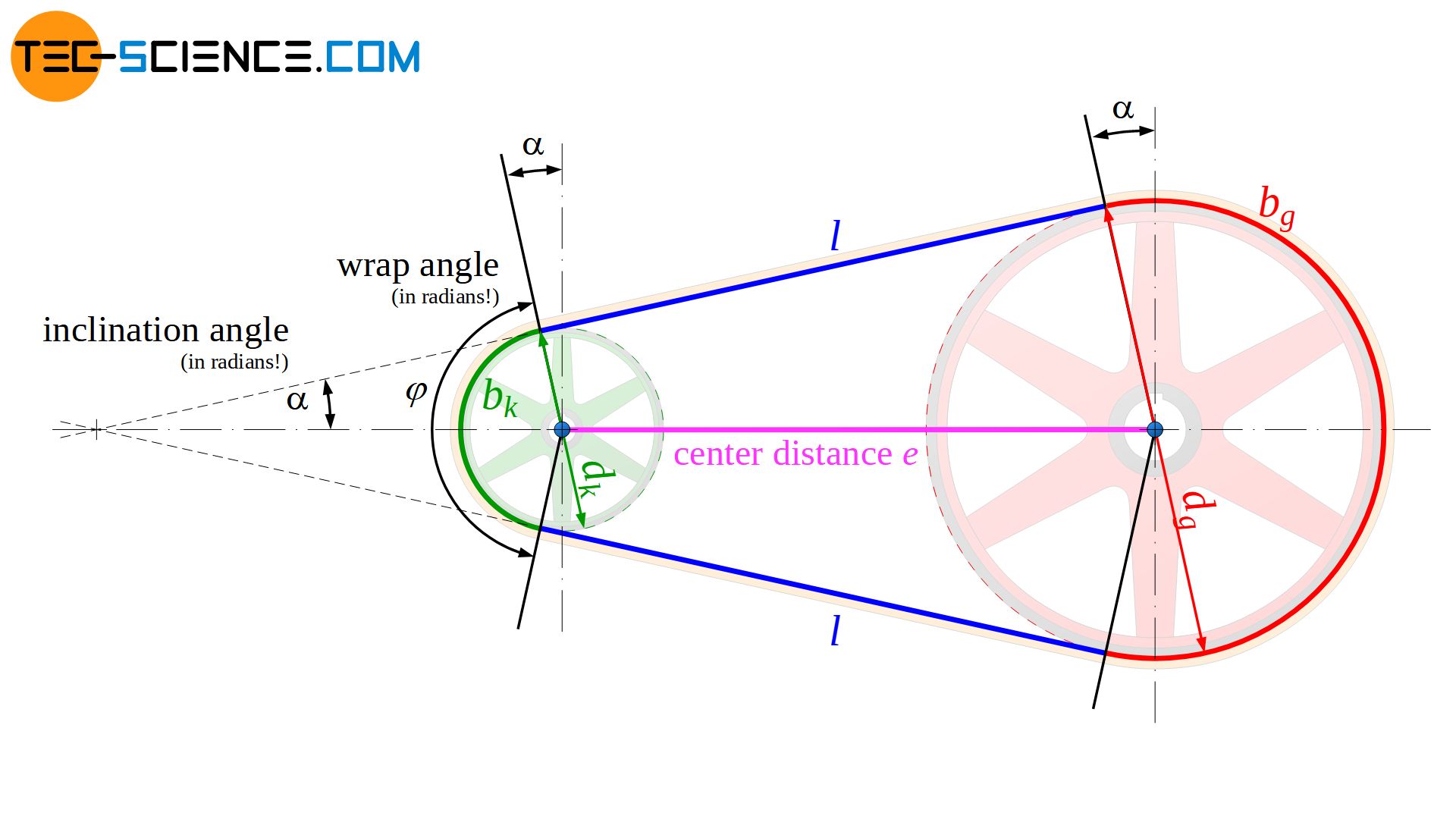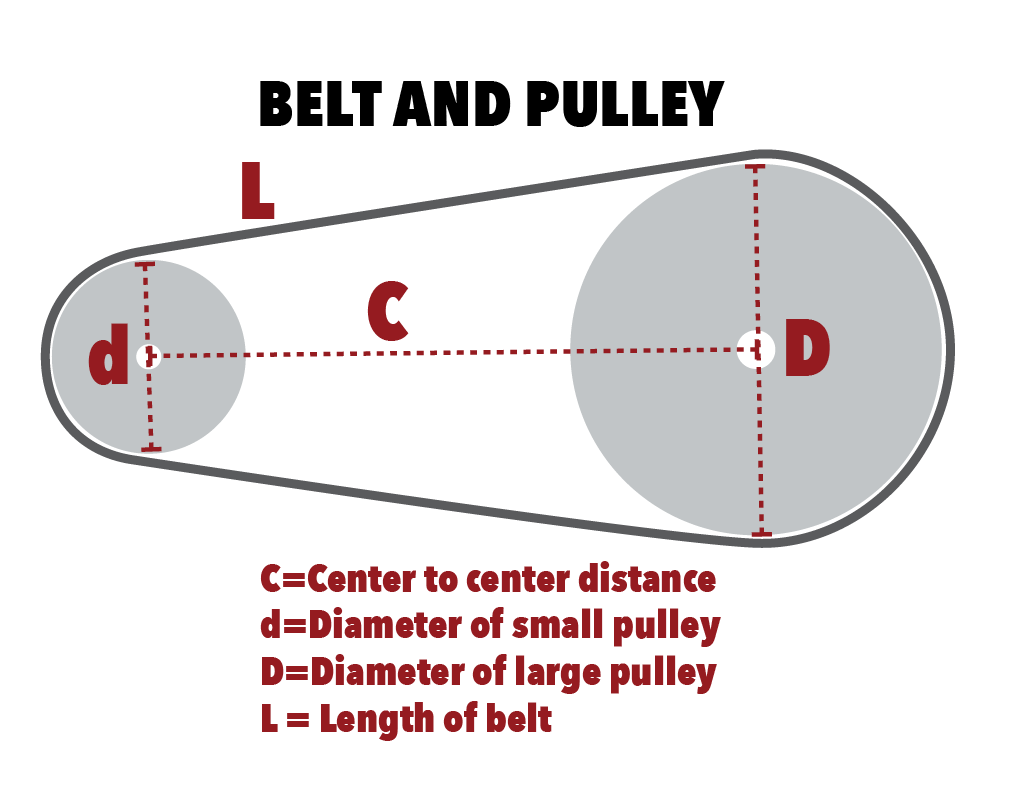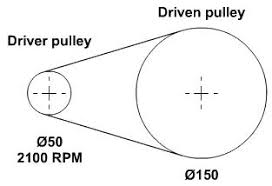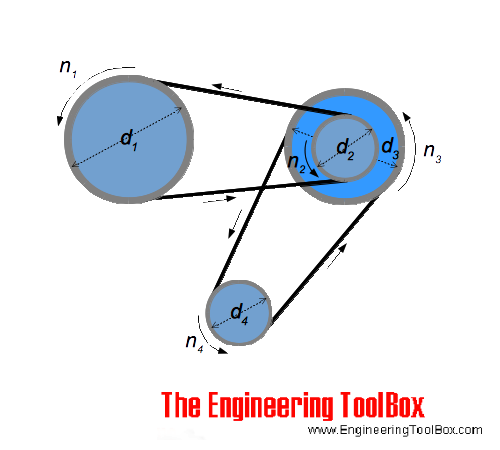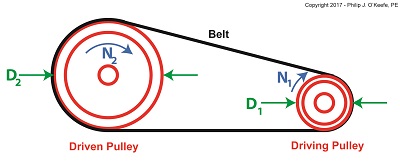Roads & PavementRoads & Pavement
Barefoot
Minimal
Low
Medium
High
Maximal
All around running shoes offer comfort and cushioning for daily runs, jogs, walks, and long mileage. They offer enough versatility for both faster and slower runs and are a great option for those who want one running shoe to do it all.
Fast run or uptempo running shoes are lightweight and responsive. They offer streamlined designs that have minimal uppers and offer a high level of energy return. These shoes are a great option for faster runs in the week or those looking for a livelier experience.
Max Cushion shoes offer premium cushioning with ample ground protection and a stable ride. These types of shoes provide abundant impact protection that softens landings while running at any pace or distance. These types of shoes are best for slower recovery runs and easy days where comfort takes priority.
Racing shoes are designed with optimal performance in mind. These types of shoes have snug-fitting uppers, energetic midsole foams, and features implemented for maximum efficiency. These types of shoes are best for runners looking to gain the ultimate advantage in races but may sacrifice some durability and comfort.
Gym Workout shoes offer a stable and versatile ride. They have a firmer underfoot feeling that provides stability for lateral movements with comfortable uppers. These types of shoes are best for trips to the gyms, cross training, casual wear, and light running. Pulley to Shaft to Pulley Calculation
Road running shoes feature smooth outsoles that are designed for running on paved surfaces such as roads, sidewalks, and bike paths.
Designed to handle most trail runs, these shoes prioritize comfort and a smooth ride. These shoes are great for anything from smooth singletrack, park trails, and fireroads making them ideal for those who run from their doorstep on streets before hitting the trail.
These shoes are best used for hard, rugged trails such as shale, granite or sandstone where grip on smooth surfaces and underfoot protection are important.
Designed for use in muddy, soggy conditions, these shoes feature very aggressive outsoles that dig deep into soft ground for exceptional traction.
These shoes feature technical outsoles designed to grip snowy and icy trails making them ideal for winter trail running.
Cushioning level, or stack height, refers to how much shoe is between your foot and the ground. For this category, we reference the amount of cushioning below the forefoot as the heel height will be equal to or greater than the forefoot height.
Belt Length and Distance Between Pulleys Calculator Sudenga
0-13mm. The Shoe generally does not have a midsole and feels like there is no cushioning. This shoe is all about feeling the ground underfoot.
14-18mm. The shoe has a thin midsole that allows for a natural running experience. Racing shoes and minimalist shoes are common here. These shoes offer a feeling of being connected to the road or trail.
19-23mm. The shoe has a slightly cushioned feel and may feature added cushioning technologies. Performance training shoes and some trail shoes are common here. These offer protection during footstrike but prioritize a lightweight, grounded experience.
24-28mm. These shoes have a stack height that fall near the middle of the spectrum.The shoes in this category are verstaile and great for all types of runs and distances.
29-34mm. The shoe has a thick midsole and ample cushioning. These shoes are highly protective and absorb more impact than the body.
35mm plus. The shoe has an extremely thick midsole and extra cushioning. The focus is on protection and soft foam underfoot with hardly any ground feel.
Neutral shoes support the foot through a normal range of arch collapse and generally do not have a built-in technology to correct movement.
Stability shoes are a great option for those who overpronate or need added support. These shoes help to limit the inward rolling motion of the ankle while running or walking and assist in guiding the foot straight through the gait cycle. How to Calculate and Solve for r.p.m of Driven Pulley Pulley
Product Details:
Pulley to Shaft to Pulley Calculation sales, Calculation of the belt length for belt drives tec science sales, Belt Length and Distance Between Pulleys Calculator Sudenga sales, Drive Belt Length and Loading Calculator V Belt Calculator sales, The length of a belt around three pulleys Math Central sales, On the Drawing Board Equation for determining belt size of a sales, Belt Length and Center Distance Calculator sales, Steps to Calculate Minimum Pulley Shaft Diameter sales, How do you Calculate Belt Length Technical Discussion Chief sales, On the Drawing Board Equation for determining belt size of a sales, Belt Pulley Calculator PDF sales, Pulleys and Belts Inch sales, How to Measure a Conveyor Belt Center to Center Distance Formulas sales, Belt Length Calculator 2 pulley system Calculator Academy sales, Belts and Pulleys ION BUILD SYSTEM sales, Finding the Required Belt Width York Industries sales, Help with timing belt calculation sales, Toothed Belt Drive Online Calculator sales, Calculation of the belt length for belt drives tec science sales, How to explain and calculate the slip of a belt Quora sales, Timing Belt Pulley Diameter Charts Pfeifer Industries sales, Pulley Calculator sales, Belts Pulleys and Gears sales, Length of Belt Traversing Three Pulleys sales, Some Tips and Tricks for Dredgers Determining Pulley Size and sales, How to account for belt and pulley inertia during system design sales, POE Belt Pulley Calculations sales, Pulley Diameter an overview ScienceDirect Topics sales, How to Calculate Vee Wedge Belt Length sales, Belt drive speed calculation pulley size and speed calculation belt drive speed calculation sales, Pulley Systems Velocity Ratio 3 sales, belt pulley calculator kk k.swamy Academia.edu sales, RPM and Pulley Calculator sales, Pulley formula logic question. r askmath sales, Pulley Belt Calculations The Engineering Mindset sales, Pulley Belt Calculations The Engineering Mindset sales, Belt Length Calculator sales, Andy s Place sales, How to calculate pulley diameter or rpm pulley ka size or speed kaise check kre sales, How to Calculate and Solve for Diameter of Driver Pulley Pulley sales, 2nd Pulley RPM sales, HOW TO FIND BELT DRIVE PULLEY RPM AND DIAMETER BY CALCULATION Rotating Static Equipments sales, Pulley Systems Velocity Ratio 1 sales, Sayg l Rulman BELT PULLEY CALCULATION sales, Pulley Speed Ratio AIMS Industrial sales, How to Calculate RPM How to Calculate RPM or Diameter of Driven Pulley sales, A Pulley Speed Ratio Formula Application Engineering Expert sales, Belts Pulley Diameters vs. Speed sales, How to Calculate and Solve for r.p.m of Driven Pulley Pulley sales, Belt Length and Distance Between Pulleys Calculator Sudenga sales, Product Info:
Pulley size calculation sales.
- Increased inherent stability
- Smooth transitions
- All day comfort
Model Number: SKU#7443148
